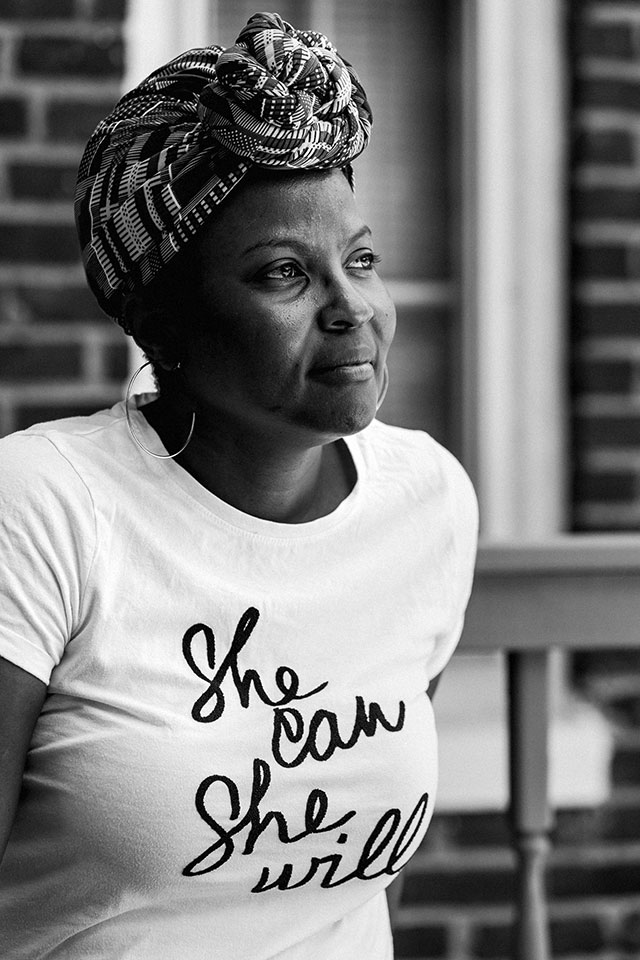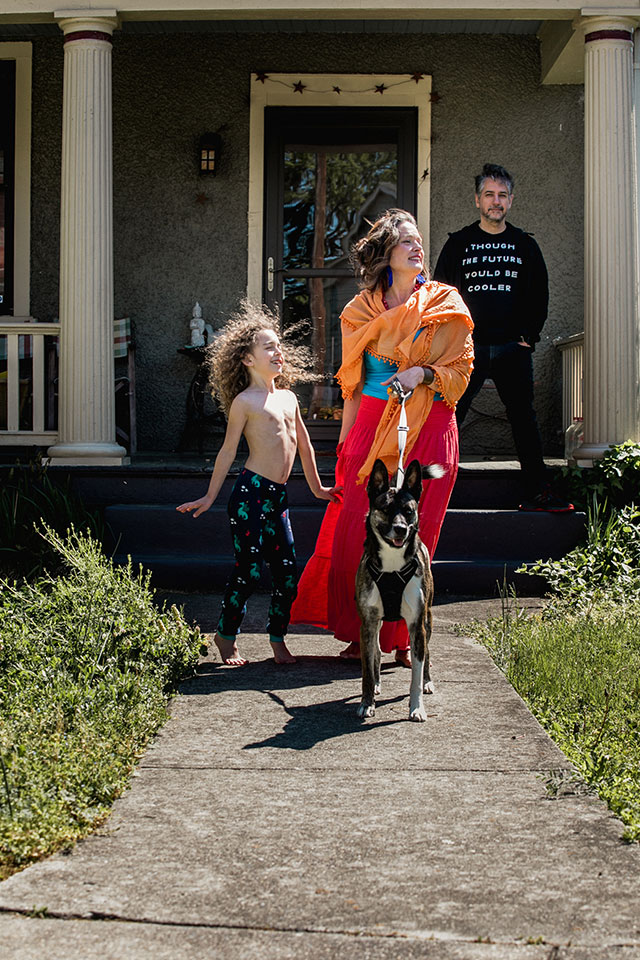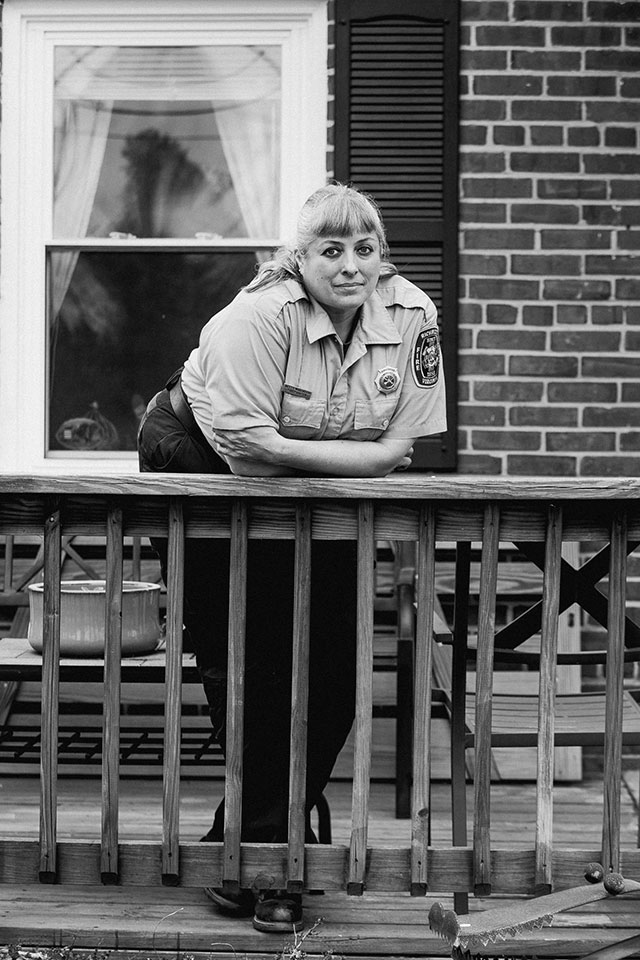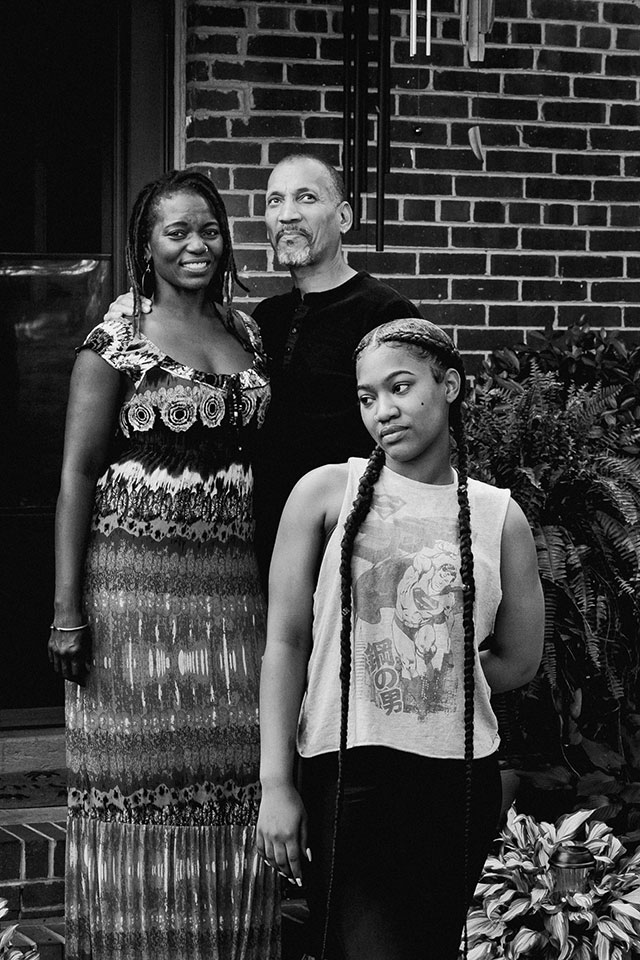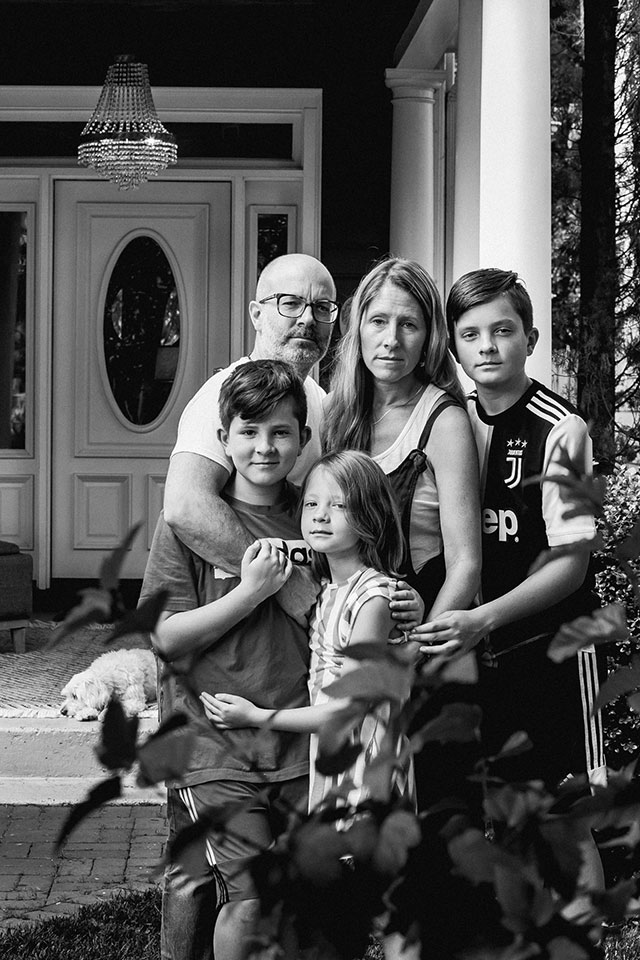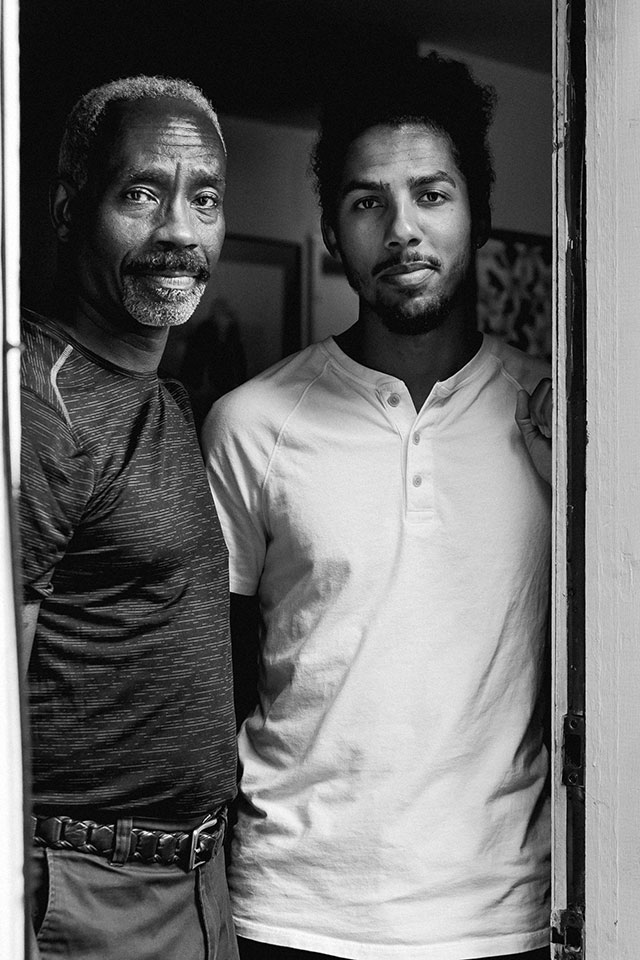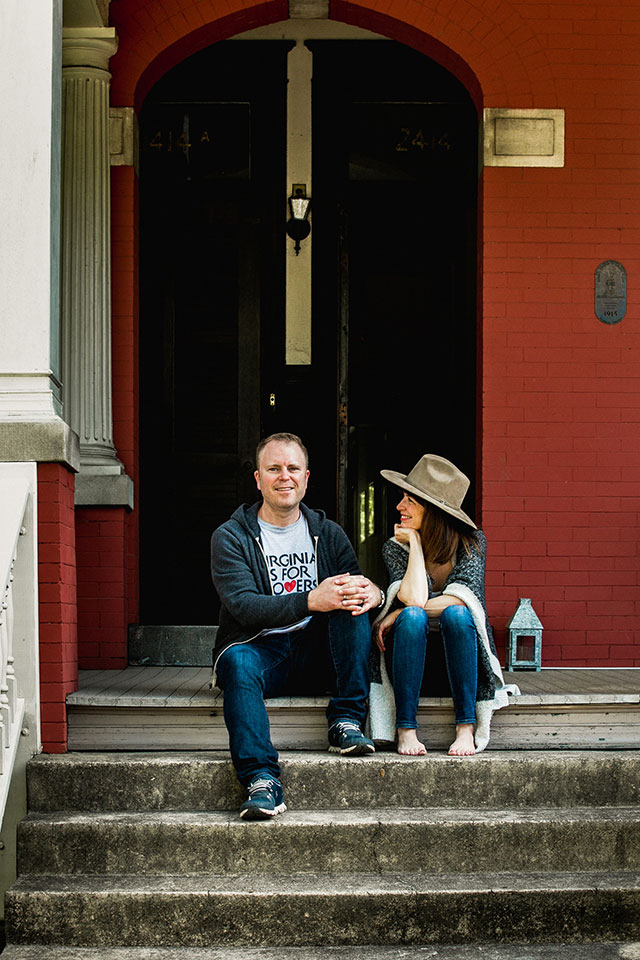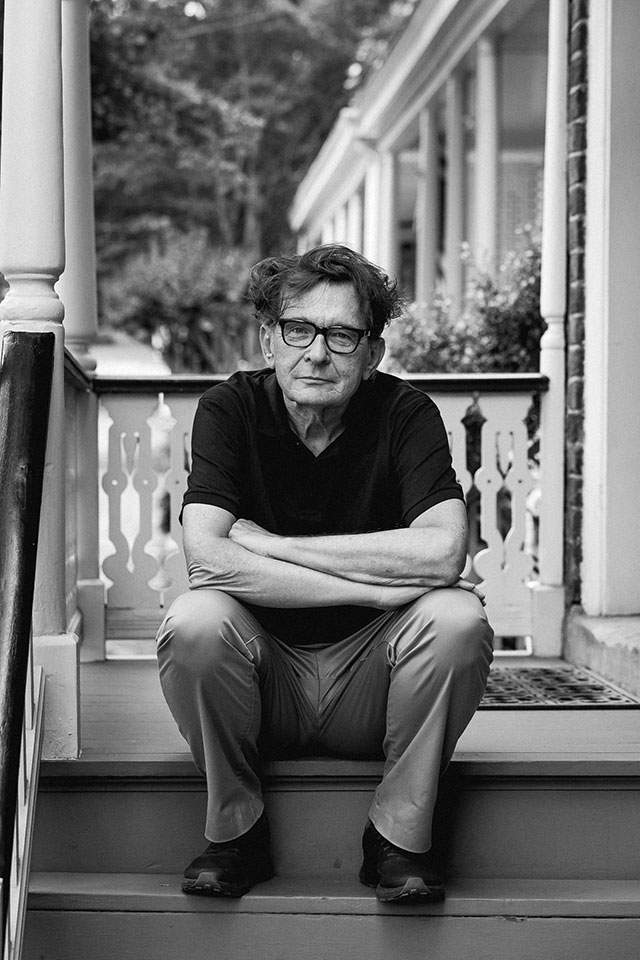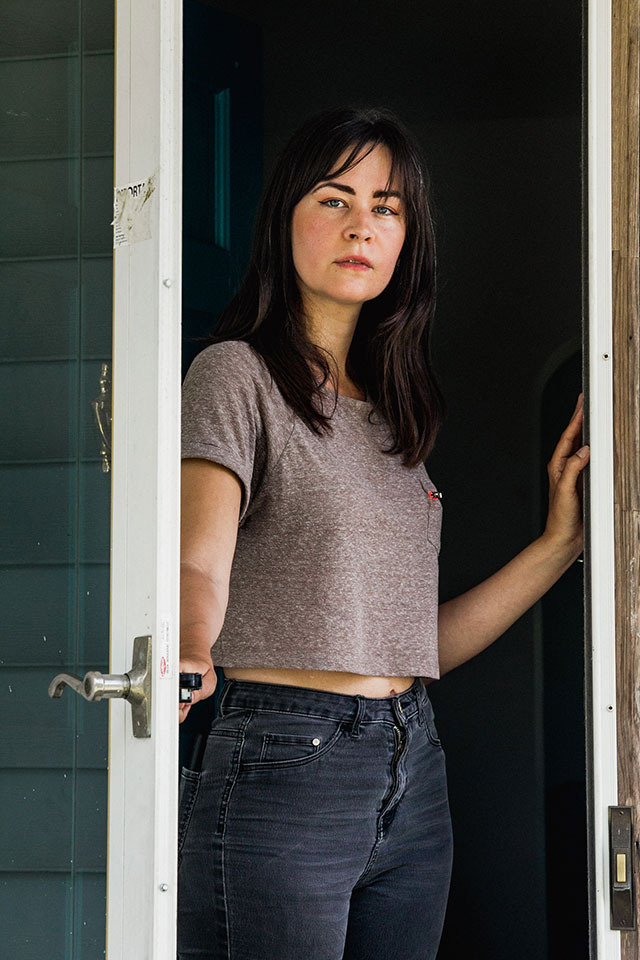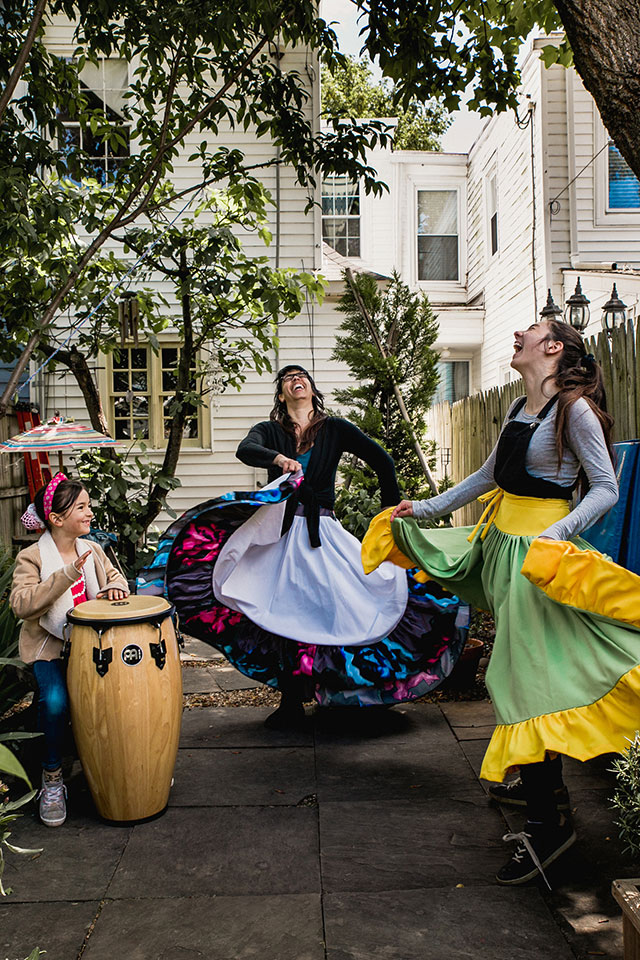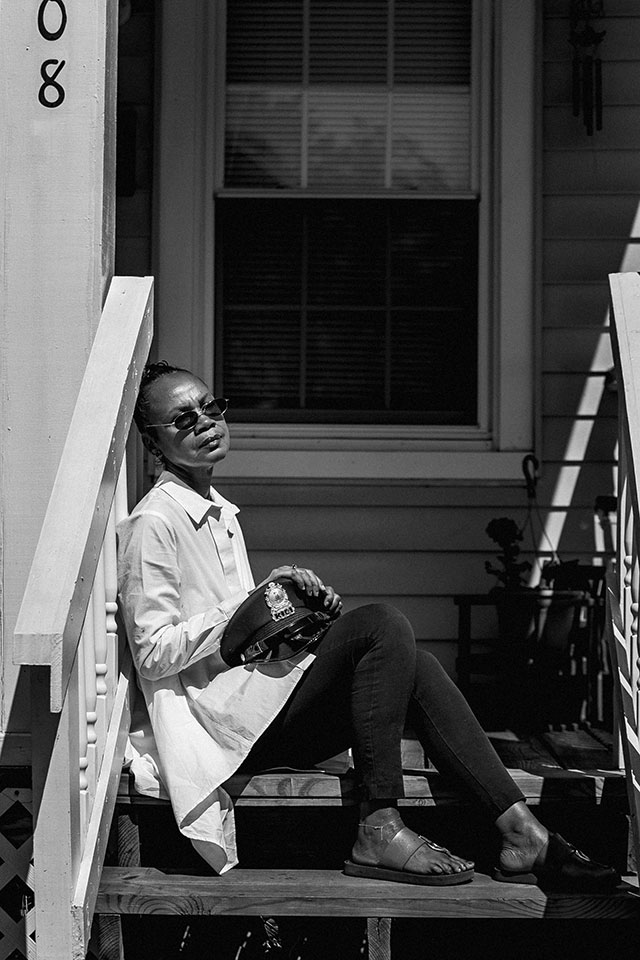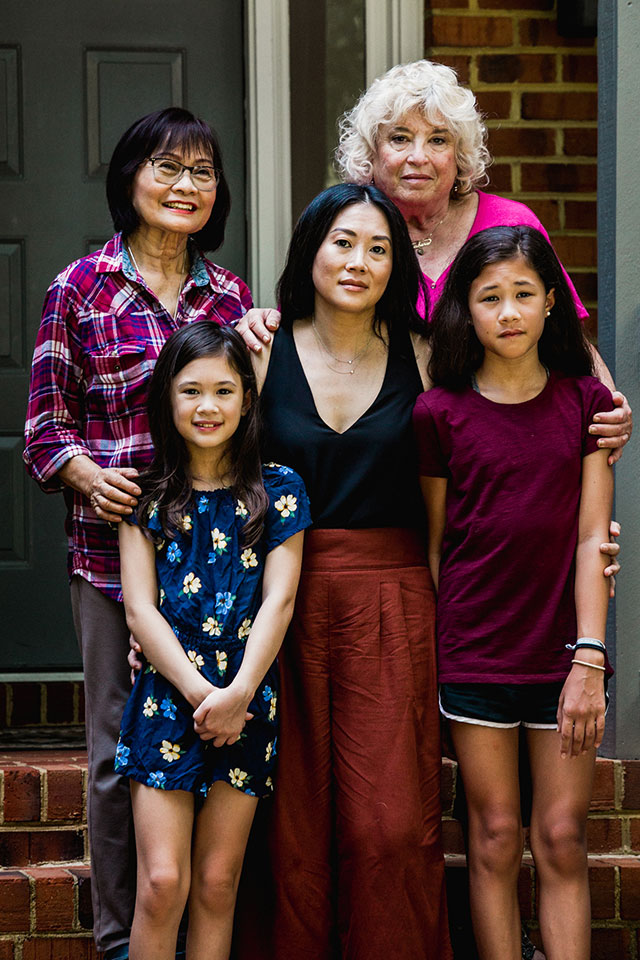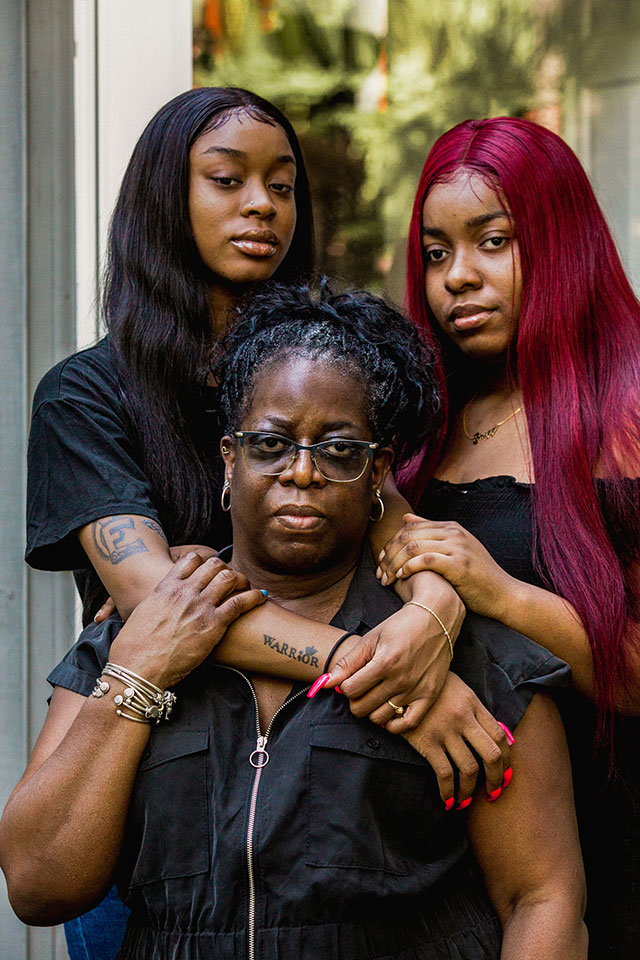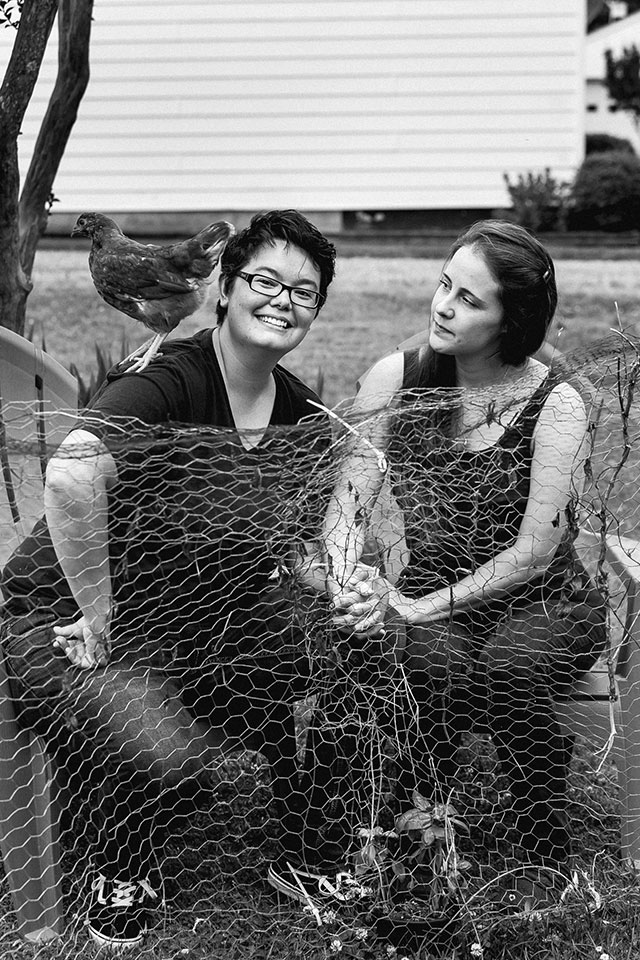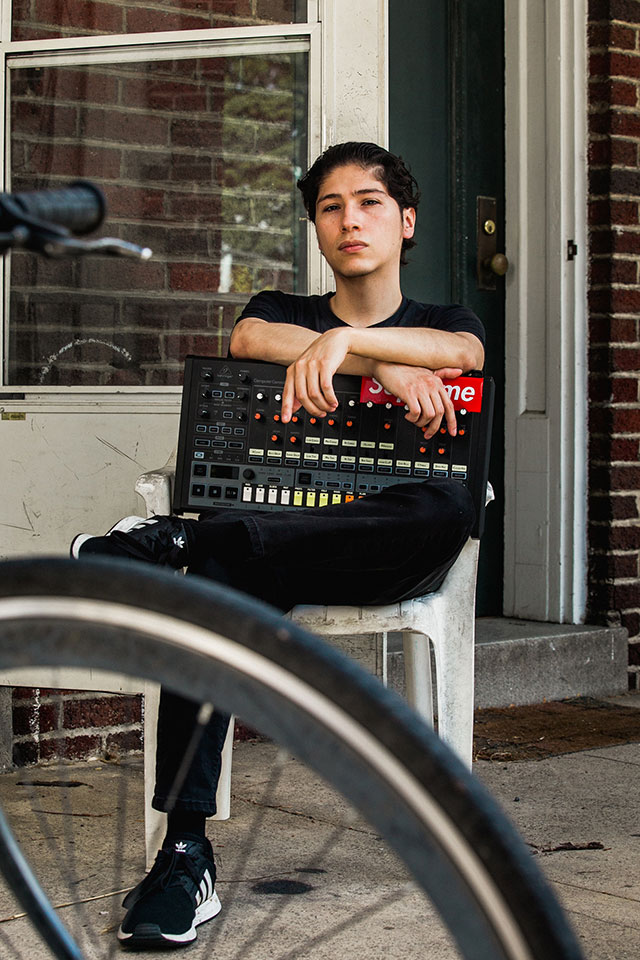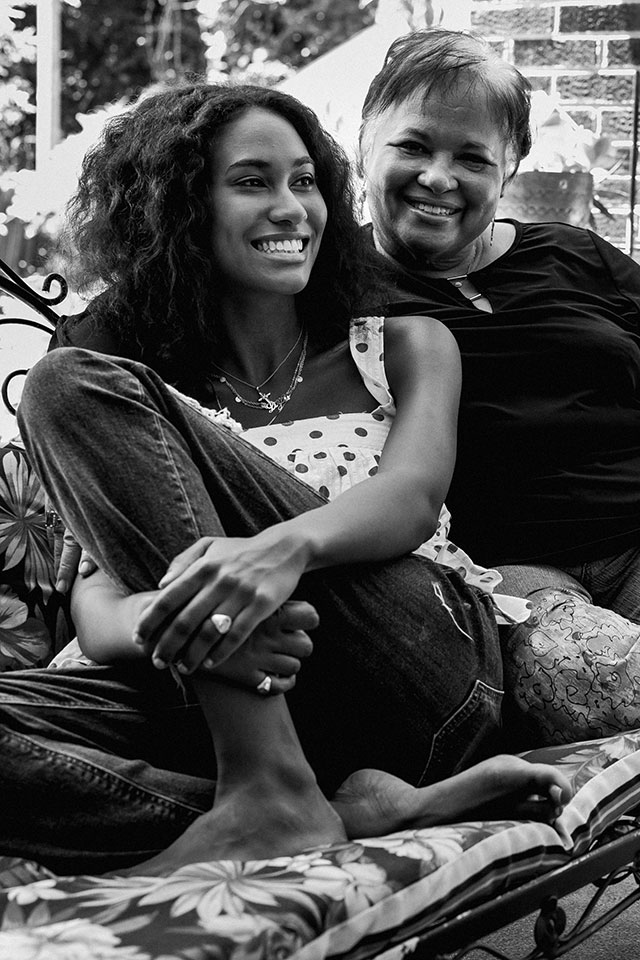#OnHoldAtHome: Chronicling a Community in the Time of Covid
Hopes, fears and lessons learned in Richmond, Virginia
Earlier this year, Covid-19 began to disrupt the lives of people all over the world. From the fear of falling ill, to the awkwardness of social distancing, to the adjustment of working from home or losing a job, our normal routines were upended on many levels.
As a creative director living in the small city of Richmond, Virginia, my business, like countless other non-essential workers, felt an immediate impact from the pandemic. Despite the downturn, or perhaps inspired by it, the desire to create was stronger than ever. My neighbor, fine art photographer Tania del Carmen Fernández, felt the same way. With canceled work and looming uncertainty, we were determined to find a meaningful way to remain productive.
At a social distancing gathering in our neighborhood, it became clear the pandemic was affecting people differently. Parents were trying to figure out childcare, at-risk neighbors worried about exposure, and recent grads were feeling the weight of an unknown future. Everyone was weathering the same storm, but we were definitely not in the same boat.
Inspired by these different stories, Tania and I joined forces during the first week of lockdown to create #OnHoldAtHome, a photography series documenting hopes, fears and lessons learned.
As weeks turned into months, the project expanded to feature people in different neighborhoods, reflecting the diverse community and perspectives that make up the Greater Richmond Region, or “RVA,” as locals affectionately call it. During this time, the challenges of the pandemic were met with the global rise of protests over George Floyd’s killing, bringing the topic of racial and social inequality front and center.
Richmond, former capital of the Confederacy, soon found itself in the national spotlight with public demands for removal of Confederate memorials, amid the resurgence of the Black Lives Matter movement. On July 1, mayor Levar Stoney ordered the removal of all city-owned Confederate statues, stating, “Richmond is no longer the Capital of the Confederacy—it is filled with diversity and love for all—and we need to demonstrate that.”
What began as a way to unite people through shared experiences of sheltering in place has now evolved into a powerful documentation of this historic time in Richmond that reflects the world at large.
#OnHoldAtHome aims to provide a platform to help amplify voices and foster open, honest discussions on race, politics and systemic inequality. It is our hope that by sharing stories, we have an opportunity to learn and grow with one another, and ultimately cultivate a more compassionate, open-minded and empathetic society.
#OnHoldAtHome is currently made up of three distinct chapters:
Chapter 1: The Lockdown Begins
(March 15-April 19)
The first of many Covid-19 cases is reported in Virginia. Gov. Northam declares a state of emergency, and extensive closures of schools and businesses begin. As Americans witness the number of cases exponentially increase each week, the dangers of the virus become evident. Face masks and social distancing become the norm, and residents are urged to stay at home as much as possible.
Chapter 2: Time Loses Meaning
(April 19-May 24)
Days blur into weeks. Weeks into months. By the end of April, the U.S. reports over 1 million Covid-19 cases. The U.S. economy shrinks by nearly 5 percent (the steepest drop since the Great Recession in 2008) and unemployment is at nearly 15 percent. While there’s a general restlessness, people also try to make the most of this rare time when the entire world is paused.
Chapter 3: Revolution in the Air
(May 24-present)
After Memorial Day weekend, the country learns of the senseless killing of George Floyd by Minneapolis police. Protests erupt, and the Black Lives Matter movement sweeps the nation as well as abroad. In Richmond, Confederate statues are defaced, and eventually, most of them are removed. The pandemic remains, but the larger issues of racial and social inequality take precedence.
What’s Next?
From the pandemic to protests, our country has traveled through months of uncertainty, introspection and reflection. According to The New York Times, the U.S. has the highest number of reported Covid-19 cases in the world, now surpassing 5.8 million. As we make our way through the first wave of this pandemic, it’s clear the world has shifted and will never be the same. While no one knows what chapter is coming next, one thing’s for certain: There are stories that still need to be told.
To learn more about the photo project, visit this site and follow on Instagram at @OnHoldAtHome.





